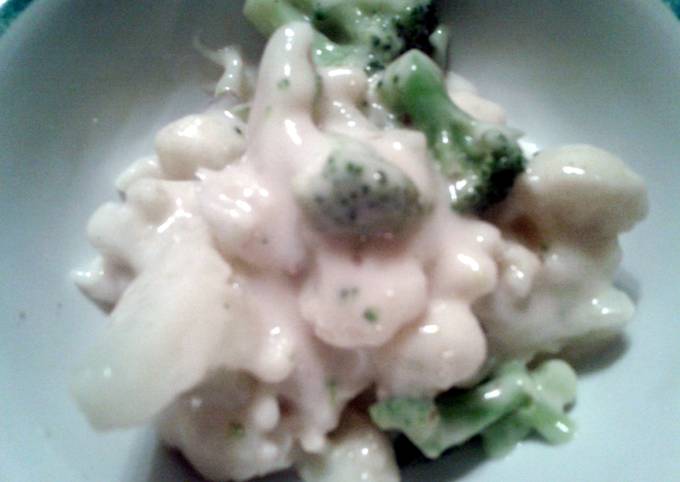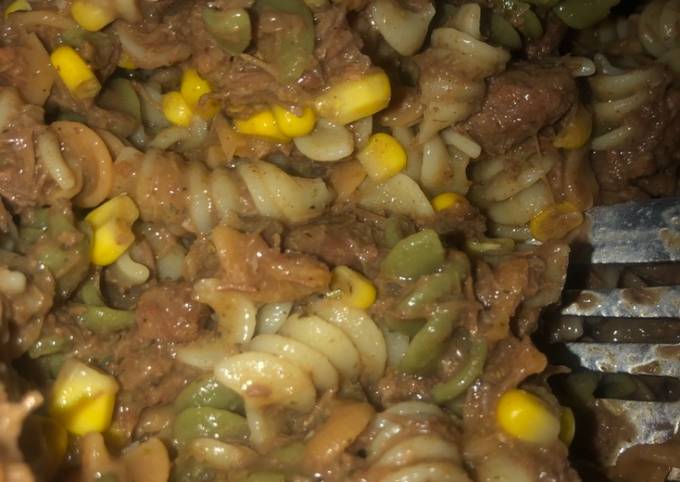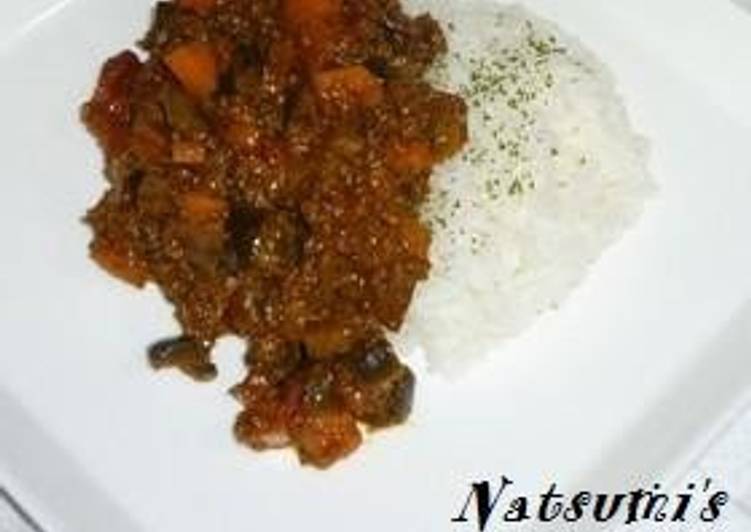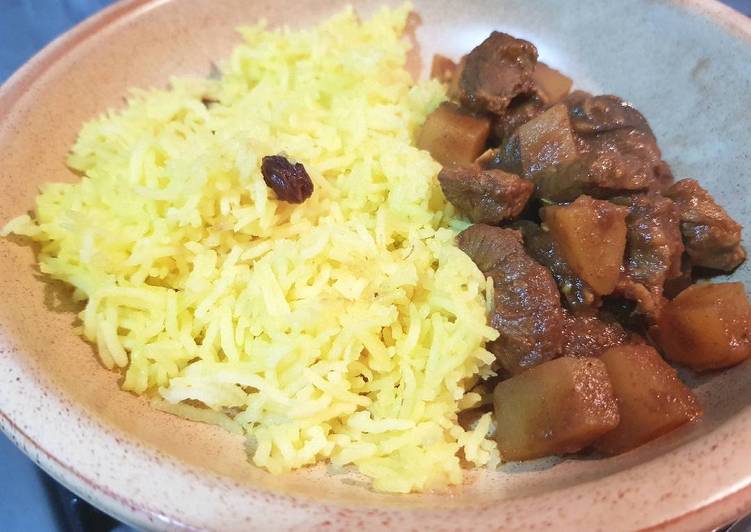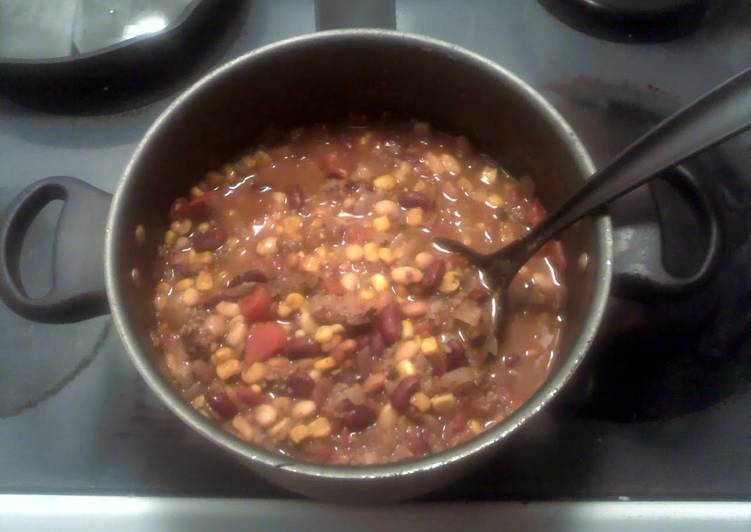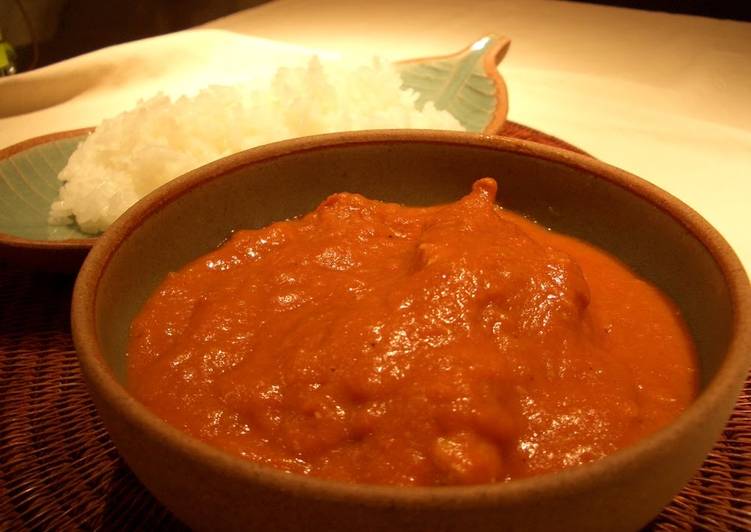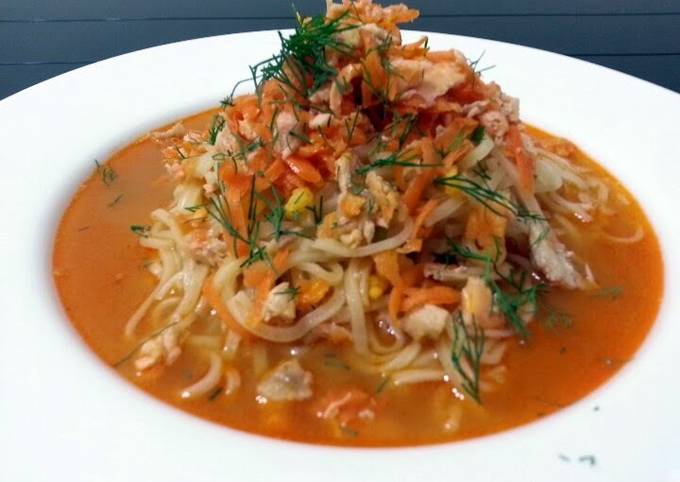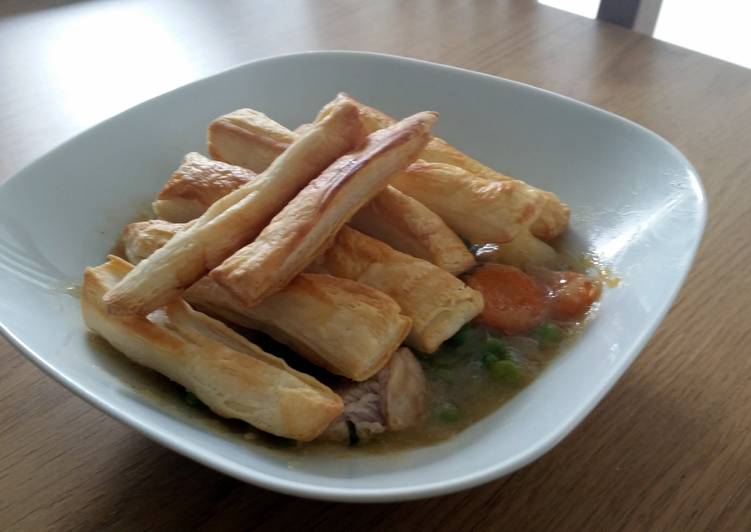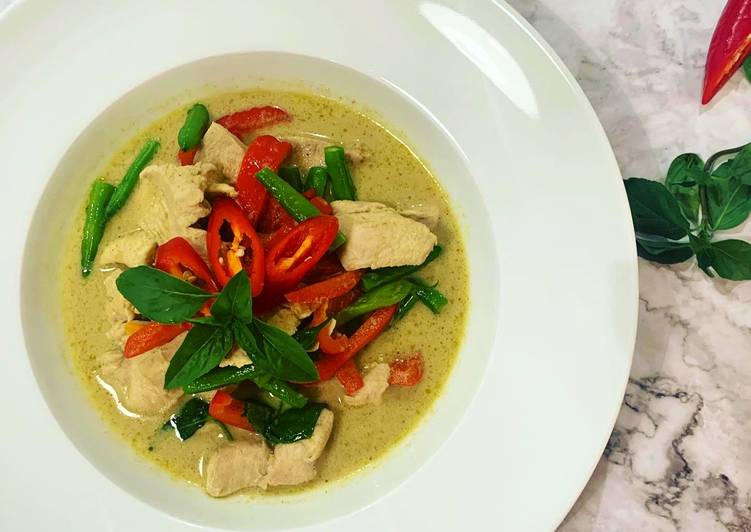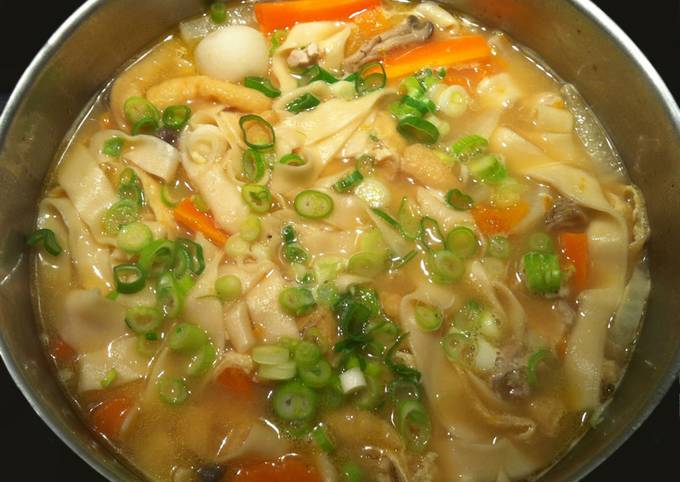
Hey everyone, hope you are having an incredible day today. Today, we’re going to prepare a distinctive dish, ‘hōtō’ noodle miso soup. One of my favorites food recipes. This time, I’m gonna make it a bit tasty. This will be really delicious.
‘Hōtō’ Noodle Miso Soup is one of the most popular of current trending foods on earth. It is appreciated by millions daily. It is simple, it is fast, it tastes delicious. They are fine and they look fantastic. ‘Hōtō’ Noodle Miso Soup is something which I’ve loved my whole life.
To begin with this particular recipe, we have to prepare a few ingredients. You can cook ‘hōtō’ noodle miso soup using 12 ingredients and 4 steps. Here is how you can achieve that.
The ingredients needed to make ‘Hōtō’ Noodle Miso Soup:
- Prepare 250 g Plain Flour
- Prepare 125 ml (1/2 cup) Water
- Get 3 cups Dashi Stock
- Prepare 1/2-1 Carrot
- Prepare 200-300 g Chicken *thinly sliced (*can be replaced by Tofu)
- Get 3-4 Satoimo (Taro) OR 1 large Potato
- Get 3-4 Shiitake OR Shimeji
- Prepare 1/4-1/2 Daikon
- Get 1/8 Pumpkin
- Get 1-2 Abura-age (Deep-fried Thin Tofu)
- Get 3-4 tablespoons Miso
- Get 2 Spring Onion *thinly sliced
Instructions to make ‘Hōtō’ Noodle Miso Soup:
- Make noodles first. Mix Plain Flour and Water in the ratio of 2 to 1 and make dough. Flatten the dough using a rolling pin or pasta maker and cut into about 1cm width.
- Prepare Chicken and Vegetables. Cut all into small bite-size pieces or slices.
- Heat Dashi Stock in a pot, add Vegetables and Chicken and cook over medium heat until almost soft. Then add uncooked Noodles and Miso. The amount of Miso depends on the type and saltiness of Miso.
- When noodles are cooked and the soup is thickened, add chopped Spring Onions and serve.
So that is going to wrap it up for this special food ‘hōtō’ noodle miso soup recipe. Thank you very much for your time. I’m confident you will make this at home. There is gonna be interesting food in home recipes coming up. Remember to save this page on your browser, and share it to your loved ones, friends and colleague. Thank you for reading. Go on get cooking!

